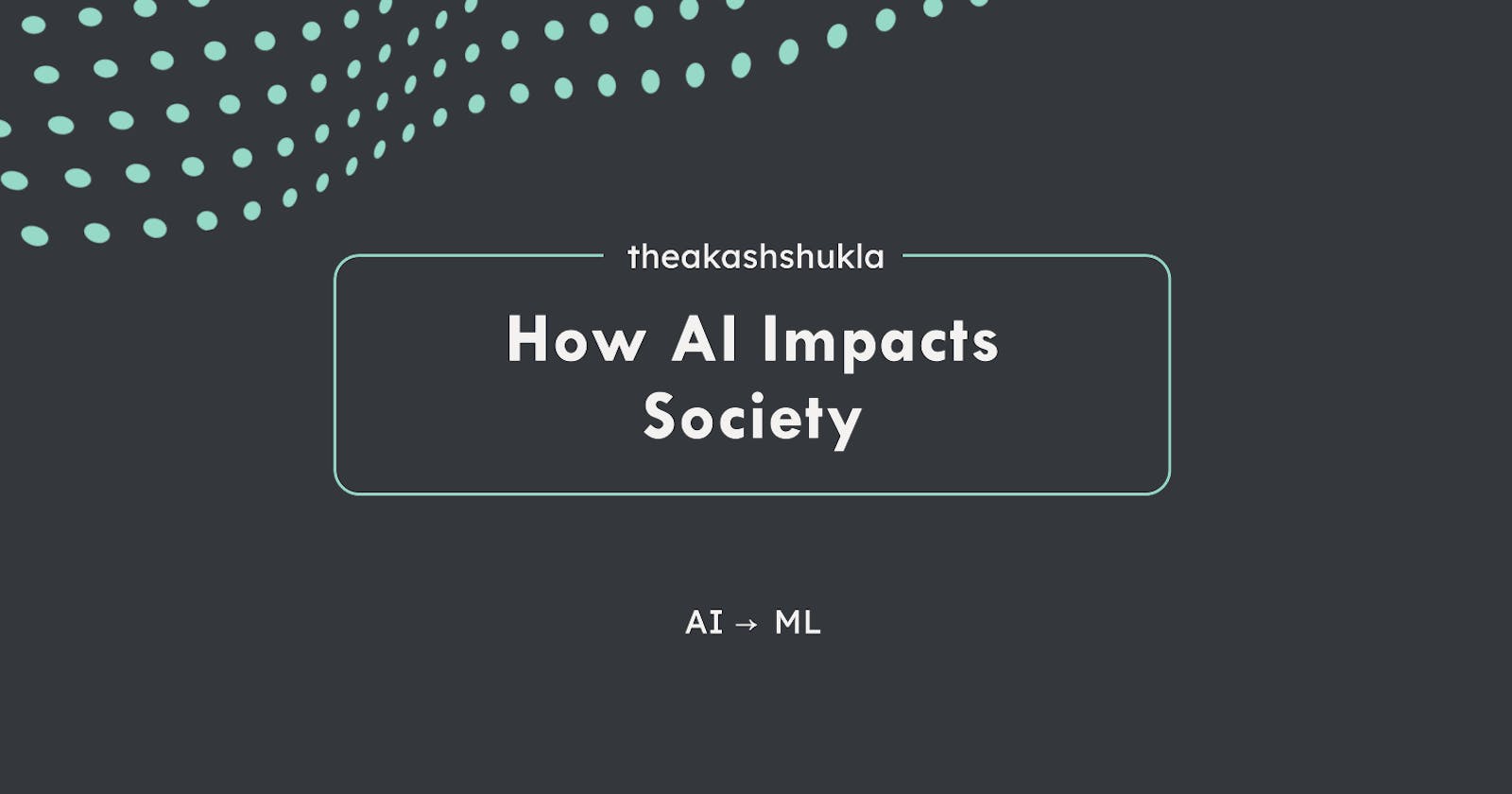Navigating How AI Impacts Society and Shapes the Future of Work: A Short Note
Exploring How AI Advances Affect Society, Work, and Ethics
Introduction
Artificial Intelligence (AI) is a significant technological achievement. Recent advancements in machine learning and neural networks have led to AI systems that can match or surpass human abilities in specific areas. However, as AI technology rapidly evolves, it raises important questions about its effects on society, the economy, and jobs. This article delves into the current state of AI technology, its potential benefits and risks, and the ethical concerns surrounding its development and use.
The Evolution of AI Technology
AI research began in the 1950s with figures like Alan Turing. Over the years, AI technology experienced periods of excitement and disappointment. Recently, AI progress has accelerated due to improved computing power, large datasets, and breakthroughs like deep learning. Modern AI systems can perform various tasks, such as translating languages, diagnosing medical conditions, and excelling in complex games like chess and Go.
Pros and Cons of AI
As AI systems improve, they offer potential benefits, including:
Enhancing efficiency in manufacturing and transportation.
Assisting scientific research and discoveries.
Personalizing education and healthcare.
Automating repetitive tasks to free up time.
However, the increasing capabilities of AI also pose risks, such as:
Job displacement due to automation.
Biases and increased surveillance from AI use.
A race for autonomous weapons.
Unintended consequences of highly advanced AI.
Ethical Considerations in AI Development
Given AI's potential for good and harm, ethical development and use are essential. Key ethical considerations include:
Ensuring transparent AI systems with understandable decisions.
Protecting privacy and preventing unauthorized surveillance.
Creating unbiased AI that promotes fairness.
Carefully using AI in critical areas like criminal justice.
Holding individuals accountable for AI failures.
Ethical AI requires collaboration among policymakers, researchers, and industry leaders, along with continuous oversight.
Work in the Age of AI
AI's impact is evident in the job market. Automation could replace routine jobs, but it may also create new roles and change how humans work with machines. Preparing for an AI-focused world involves reshaping education and training to equip people with skills for coexisting with AI. Strategies to address job displacement and ensure equitable AI benefits are crucial.
Wrapping Up
AI's development and impact offer both opportunities and risks. Responsible and ethical AI development is essential to harness its benefits while mitigating potential issues. Striking this balance can lead to AI complementing human capabilities rather than supplanting them. As AI advances, it's crucial to prioritize societal well-being. Through collaboration and open dialogue, we can shape AI that aligns with our shared human values.
Thank You 💖
If you enjoyed this post, I would be honoured if you would consider following me on GitHub and Twitter. I often share additional resources, updates, and insights on these platforms, and I would love to connect with you there.
Thank you again for your support
